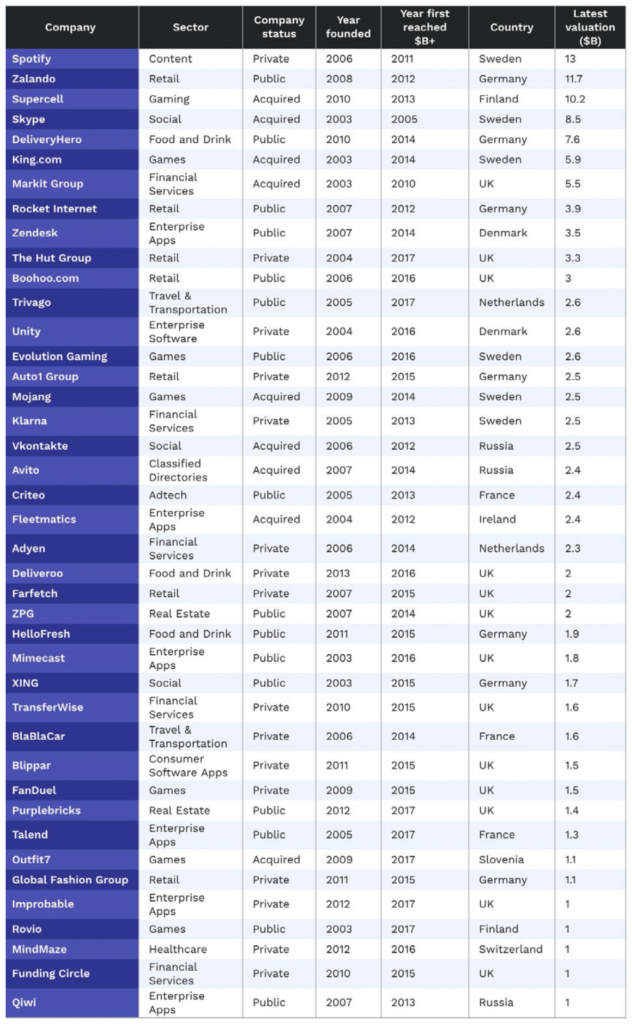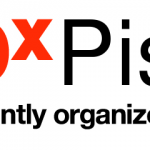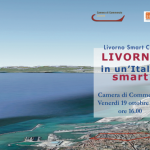Nel pomeriggio di Venerdì 19 ottobre, alla Camera di Commercio di Livorno, si parla di Smart cities. Tutte le città provano a misurarsi con il concetto di smart city. Che vuol dire esattamente? che comporta in pratica? A che serve? C’è molta incertezza sull’argomento, e molta diversità nelle varie interpretazioni. Ne avevo parlato in passato qui
Beh, è il momento di parlarne anche a Livorno. L’associazione IdeaLi e la Camera di Commercio di Livorno colgono l’iniziativa mettendo in campo un tris eccezionale di relatori per la visione generale:
Luigi Nicolais, ora presidente del CNR ed ex ministro per l’innovazione nella PA, Alfonso Fuggetta, AD del CEFRIEL-Polimi e commentatore su lavoce.info, Oscar Cicchetti, Direttore Strategies di Telecom Italia e membro del Consiglio Direttivo di Confindustria Digitale.
Ci sono poi due relatori che portano l’esperienza di Genova (Paolo Pissarello) e di Firenze (Giovanni Menduni). Anch’io dico la mia, giusto un attimo prima dell’aperitivo.
Il programma completo è qui sotto, mentre la locandina è qui. L’ingresso è libero.
—-
Programma Livorno in un’Italia smart
16.00 – REGISTRAZIONE PARTECIPANTI
16.30 – APERTURA LAVORI E PRESENTAZIONE INCONTRO
Roberto Nardi – Presidente Camera di Commercio di Livorno
Gabriele Brugnoni – Associazione ideaLi
16.45 – LA VISIONE GENERALE
Coordina: Roberto Bernabò – Direttore de “Il Tirreno”
Luigi Nicolais – Presidente Consiglio Nazionale delle Ricerche
Smart city: Innovazione al servizio del cittadino
Alfonso Fuggetta – AD CEFRIEL, Politecnico di Milano
L’interoperabilità dei sistemi è la chiave per lo sviluppo delle smartcity
Oscar Cicchetti – Confndustria Digitale
Smart City: un’opportunità per il Sistema Paese
18.15 – ESPERIENZE DI CITTÀ SMART
Paolo Pissarello – Vice Presidente esecutivo di Genova Smart City
Il percorso Genova Smart City
Giovanni Menduni – Dir. Area Innovazione Comune di Firenze
Firenze dati aperti
18.45 – UN CONFRONTO DI IDEE per il TERRITORIO
Intervengono imprese, amministratori, e professionisti.
Coordina: Francesco Gazzetti – Granducato TV
19.30 – CONCLUSIONI
Giuseppe Iannaccone – Prof. Elettronica Uni Pisa – ideaLi
Le infrastrutture digitali e il vento perenne trasformano le città
20.00 – APERITIVO




